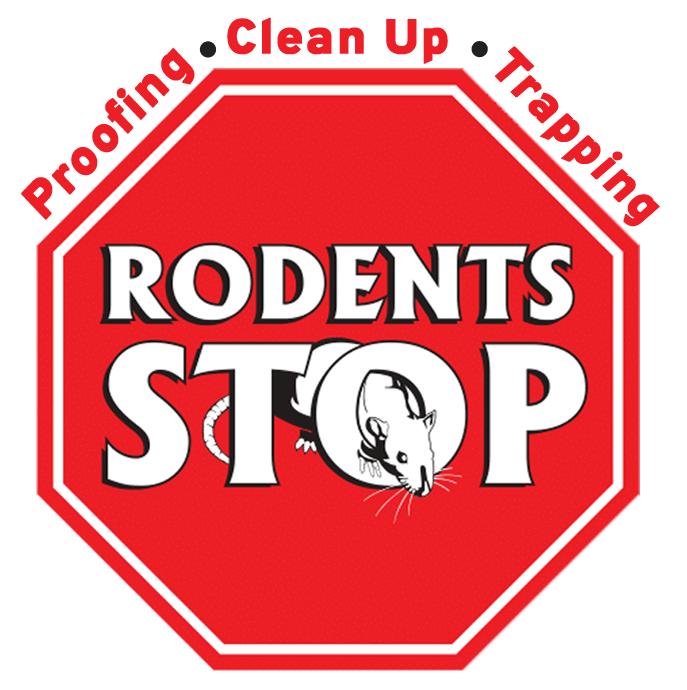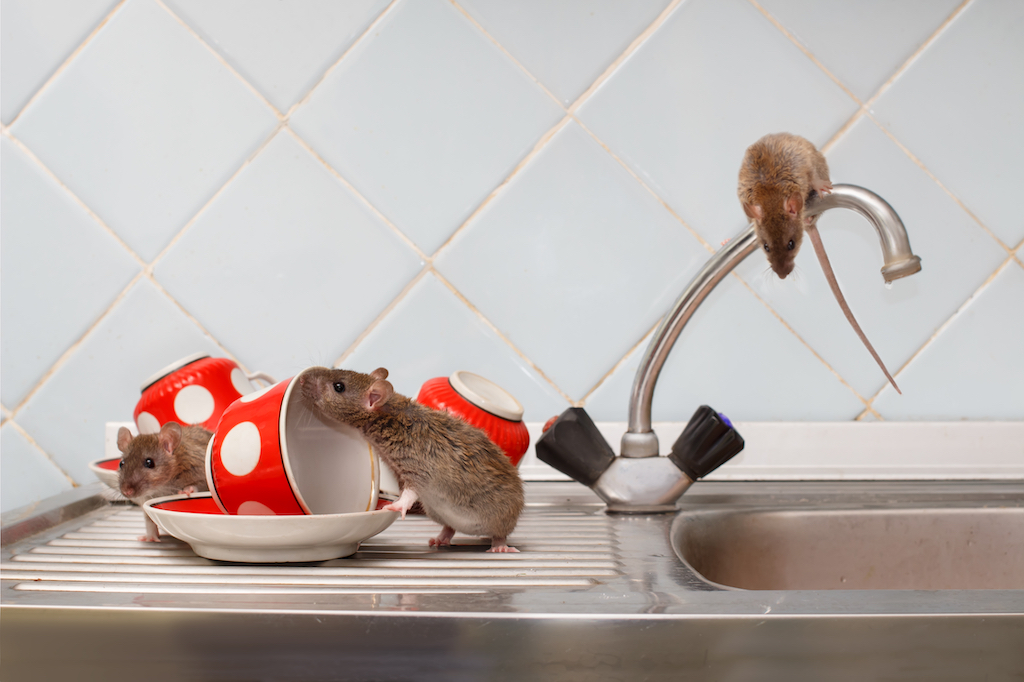Hantavirus
What is the hantavirus?
Sometimes we tend to overlook the dangers that rats and mice may bring into our home. A common infection that is found in some rats and mice is the hantavirus as they are the primary carriers of this infection. The hantavirus should not be taken lightly as it can lead to the Hantavirus Pulmonary Syndrome (HPS) which can be fatal. A common misconception is that you only get the hantavirus if you are bitten or scratched by a rodent. However, that reality is that most people become infected by inhaling dust that is contaminated by the droppings of rodents or touching their urine proceeding to then touching their mouth, eyes, or nose.
Fill in our Questionnaire Form & One of Our Rodent Control Specialist Will Be In Touch With You.
Error: Contact form not found.
How Does it Happen?
Unfortunately, becoming infected with the hantavirus is easier than it seems. For example, let’s say you have a rodent infestation, and you are cleaning as you clean if the dust created is infected, and you inhale it, you are now exposed and infected with the hantavirus. If you have children and they touch infected rodent urine with then proceeding to touch their or your mouth, nose, and eyes, the hantavirus has been transmitted, and now you and your child are infected.
Why is this a serious issue?
Unfortunately, there is no specific treatment for this infection. There is also no vaccine to prevent the hantavirus. There are chances of survival if a person who gets infected gets intensive care immediately. If you or someone you know has been exposed to infected rodent and you are feeling symptoms relating to the hantavirus, please seek professional healthcare immediately.
If you have a rodent infestation in and around your home, take the following precautions suggested by the CDC to reduce the risk of the hantavirus:
- Seal up rodent entry holes or gaps with steel wool, lath metal, or caulk.
- Trap rats and mice by using an appropriate snap trap.
- Clean up rodent food sources and nesting sites and take precautions when cleaning rodent-infected areas:
- Use cross-ventilation when entering a previously unventilated enclosed room or dwelling prior to cleanup.
- Put on rubber, latex, vinyl or nitrile gloves.
- Do not stir up dust by sweeping. *It is RECOMMENDED to vacuum instead not to release fibers you can inhale.
- Thoroughly wet contaminated areas with a bleach solution or household disinfectant.
- Hypochlorite (bleach) solution: Mix 1 and 1/2 cups of household bleach in 1 gallon of water.
- Once everything is wet, take up contaminated materials with damp towel and then mop or sponge the area with bleach solution or household disinfectant.
- Spray dead rodents with disinfectant and then double-bag along with all cleaning materials and throw bag out in an appropriate waste disposal system.
- Remove the gloves and thoroughly wash your hands with soap and water (or waterless alcohol-based hand rubs when soap is not available and hands are not visibly soiled).
When doing these steps on your own, proceed with caution as it can be very easy to be infected. It recommended allowing professionals handle a rodent infestation to avoid risks of being infected with the hantavirus. As it is easier to be infected with this virus than one may think. If you or someone you know is dealing with an infestation, do not hesitate and contact Rodents Stop today: 818-583-7287.
Source: CDC Centers For Disease Control and Prevention – Hantavirus
https://www.cdc.gov/hantavirus/index.html

